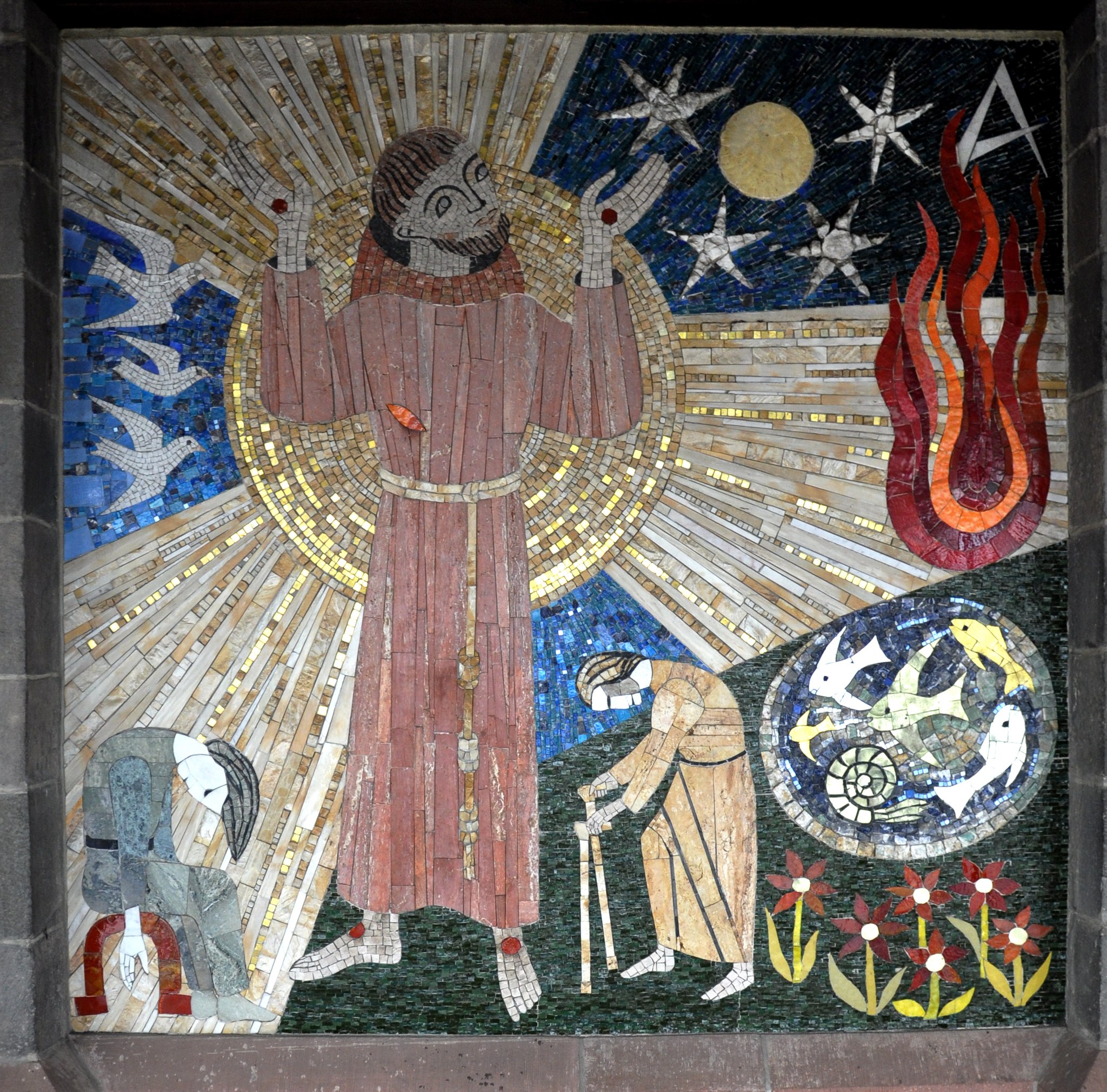Homily of Fr. Paul Panaretos, S.J. during the Spiritual Exercises
Freedom Transformed
The mystery of sin wormed itself into the world by deception: the tempter deceived the first humans. In the fullness of time1 Truth itself visited St. Paul; risen Jesus revealed to him God responded to sin’s deception by raising the Son of God from the dead. He concluded the heart of his Letter to the Romans that: Jesus’ rising undid sin’s deception unto death; and that we have been given this power to new life: just as through one transgression condemnation came upon all, so through one righteous act acquittal and life came to all.2 A purely gracious gift with awesome effect—freedom!
.jpg) Before risen Jesus visited St. Paul people had steeped themselves in this real gift of grace through baptism. It really participates in Jesus’ death and resurrection. It is effective, accomplishing what it symbolizes. The life-project of each of us is to translate our baptism into behavior for the way we live. For St. Paul this life-project was Christian obedience: attentiveness to the pattern of risen Jesus and shaping our living after his pattern of living.
Before risen Jesus visited St. Paul people had steeped themselves in this real gift of grace through baptism. It really participates in Jesus’ death and resurrection. It is effective, accomplishing what it symbolizes. The life-project of each of us is to translate our baptism into behavior for the way we live. For St. Paul this life-project was Christian obedience: attentiveness to the pattern of risen Jesus and shaping our living after his pattern of living.
Jesus’ pattern of living among us was as one who freely served. Jesus modelled it; his parable expressed it in a way that was shocking (though maybe not to our ears): the owner of a house would do for his slaves what slaves did for their master. That was an unimaginable use of human freedom. During his ministry Jesus transformed human freedom; by grace his risen life transforms our freedom: we are empowered to live like him: [to] present []ourselves to God as raised from the dead to life and []our bodies to God as [instruments] for God’s justice.
God’s gracious gift—grace—empowers us to pattern our living on the pattern of Messiah Jesus. To pattern our living on Jesus’ pattern of living reorients human choosing. This was freedom for St. Paul: not our notion of individual preference; it was serving what ennobles humans, helping us become as God created us.
_________
__________
Wiki-image Hospitality of Abraham PD-US
.jpg)




.jpg)